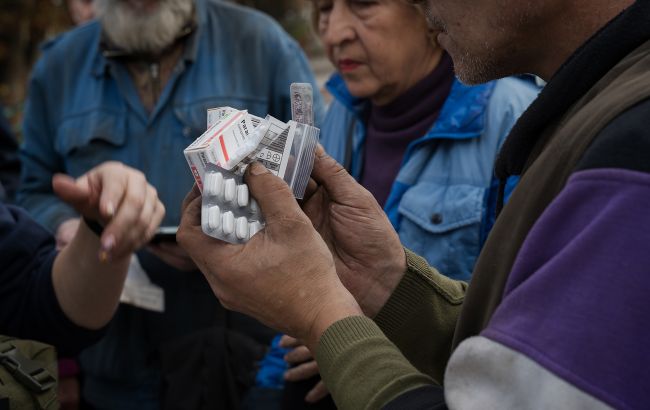Pharma import tariffs could raise US medicine costs by 12%
 Pharma import tariffs threaten to raise US medicine costs by 12% (Illustrative photo: Getty Images)
Pharma import tariffs threaten to raise US medicine costs by 12% (Illustrative photo: Getty Images)
A new industry-backed study finds that a 25% tariff on imported medicines could make drug costs in the US jump by up to $51 billion a year, an increase of as much as 12%, according to NBC News.
The report, prepared by Ernst & Young for the leading US pharmaceutical trade group, highlights just how deeply American healthcare depends on foreign-made drugs and ingredients.
Last year, the US brought in $203 billion worth of pharmaceuticals, with nearly three-quarters sourced from Europe — mainly Ireland, Germany, and Switzerland.
If the proposed tariffs are fully passed on to buyers, "US drug prices could rise up to 12.9%," the report estimates.
While medicines have largely avoided tariffs in previous trade disputes, recent political pressure has brought the issue back into the spotlight.
An official probe into foreign pharmaceutical imports is now underway, prompting concern from drugmakers about the downstream effects on domestic production.
Trade attorney Ted Murphy notes, "Drugmakers see the probe as a chance to show the administration that high tariffs would hinder their efforts to swiftly ramp up US production, and to propose alternatives."
Higher costs ripple through jobs and exports
Beyond just price tags at the pharmacy, the impact of tariffs could extend into manufacturing and jobs.
About 30% of imported pharmaceuticals are ingredients for US production, and tariffs on these components could raise costs for domestic manufacturers by over 4%.
The report warns, "A portion of the 490,000 export-related jobs in the industry could be at risk if higher input costs weaken foreign demand for US medicines."
US-made drugs account for about a quarter of domestic pharmaceutical output, most of which are shipped abroad, and a loss of competitiveness could ripple across global markets. The study further cautions that the true economic toll could be even higher if trading partners retaliate with tariffs of their own.
Major drug companies, like Roche, are already seeking exemptions, arguing that their contributions to US exports balance out their imports.
These challenges come as the US retail landscape faces fresh turmoil.
Product shortages and higher prices are being reported nationwide, as a new round of sweeping tariffs on Chinese imports disrupts supply chains and leaves store shelves bare. With cost pressures mounting on multiple fronts, American consumers could soon feel the effects in both pharmacies and everyday shopping.

